October 2022

Regional development initiatives are happening around Japan, taking a variety of different approaches to the goals of relieving the overconcentration of people in Tokyo, putting the brakes on depopulation in rural regions, and revitalizing Japan as a whole, including DX, human resource development, and regional co-creation. In response, Hitachi teamed up with Hokkaido University to open the Hitachi Hokkaido University Laboratory in June 2016 as a facility where they can collaborate on open innovation. A key focus of the laboratory is to conduct joint research on resolving the various societal challenges currently facing Hokkaido, which include aging demographics and a low birthrate, depopulation, a stagnating regional economy, and global warming. This article is one of three reports on the presentations given at the Third Forum of Hokkaido University and Hitachi Hokkaido University Laboratory held in February 2022. The second half of the forum featured a panel discussion by participants from industry, government, and academia that looked ahead to the future of Hokkaido. This was followed by a presentation by local high school students on their ideas for regional revitalization.
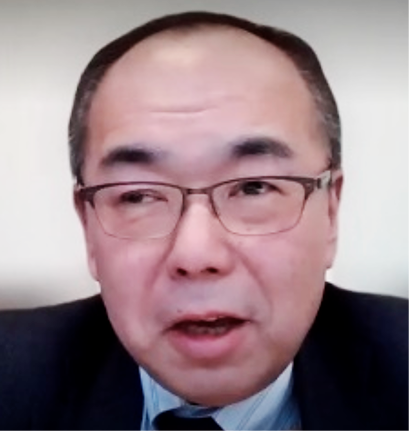 Nobuyuki Kise
Nobuyuki Kise
Manager, Information Policy Department, Iwamizawa City
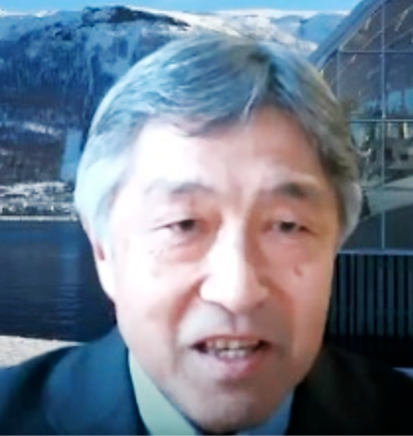 Natsuhiko Otsuka
Natsuhiko Otsuka
Specially Appointed Professor, Arctic Research Center, Hokkaido University
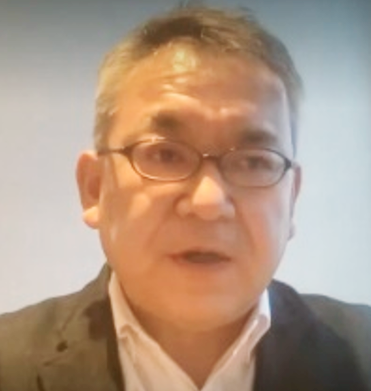 Tetsuya Kashio
Tetsuya Kashio
Founder, Tokachi City Design, Co. Ltd.
Yoshino:Is there anything in particular that stood out for you in the presentations so far?
Yamada:As an organization that brings together industry and academia, Challenge Field Hokkaido has been working in partnership with 28 different organizations, encompassing universities, local government, and industry support agencies. While it may appear simple, engaging with the region is extremely difficult. While we have received extensive cooperation from Iwamizawa City, the question still remains of how best to build the second and third iterations of the city.
Kise:Input from local people serves as the backdrop to the work of local government officials like me. By this I mean feedback from residents about their concerns and about what it is that they want. Talking to other people provides good hints about this. In this sense, the first step is about whether we can be open about what we want to talk about, which is to say, it is about the fostering of trust, including with the local population.
Yoshino:Kashio-san, you manage a hotel in Obihiro. What do you think about companies, universities, local government, the public, and others lifting each other up and relying on each other?
Kashio:Obihiro is characterized by an economy that is underpinned by our extensive land, with agriculture as our main industry. However, there are both positives and negatives as we are also seeing a hollowing out of the town itself. Although people who run private-sector businesses are generally considered to be purely commercial in nature, we conduct business with a mindset of community development and being of service to society. This stems from a belief that it is by fulfilling such a role that we can be profitable. While we are part of the private sector, I hope that we can also work with people in government and academia.
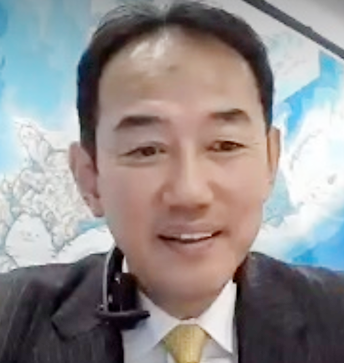 Hiroaki Oka
Hiroaki Oka
General Manager, Hokkaido Area Operation, Hitachi, Ltd.
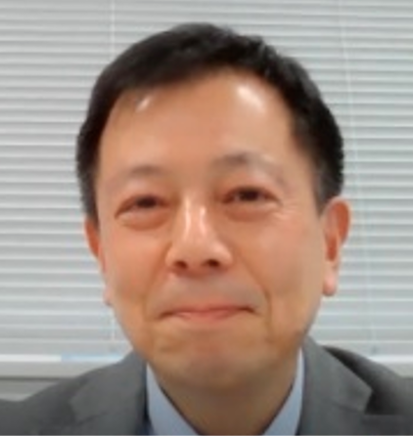 Shinji Yamada
Shinji Yamada
Corporate Chief Scientist, Research & Development Group, Hitachi, Ltd. and General Area Coordinator, Challenge Field Hokkaido
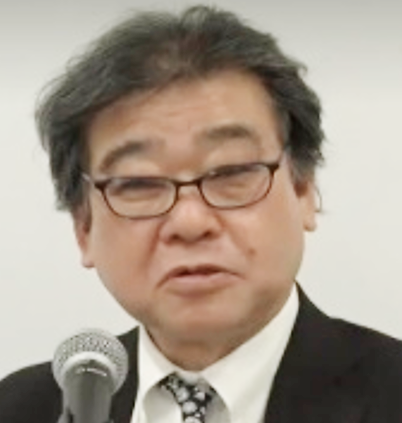 Masanori Yoshino
Masanori Yoshino
Moderator
Senior Project Manager, Center for Exploratory Research, Research & Development Group, Hitachi, Ltd.
Yoshino:Oka-san, you used to be president of the Sun Rockers Shibuya basketball team before transferring to the Hokkaido office. Are you conscious of any difference between Hokkaido and Tokyo? Is it fair to say that the difference in outlook between people in Hokkaido and Tokyo extends to their view of sports?
Oka:Yes, it is completely different. There are many people with an intense love for where they live, with strong support for the local football and baseball teams, not to mention basketball.
Otsuka:I was born in Hakodate and although I lived for a long time in Tokyo after leaving university, I ultimately made up my mind to return to Hokkaido. What I came to realize while working in many different countries is that the values of society and individuals change with the times and depending on their environment. It is not that you have to go to Tokyo no matter what, or that you can only be happy in Sapporo. Wherever you live, it will have its positives. In his presentation earlier, Professor Marutani spoke about the geographical vastness of Hokkaido being a strength and I believe this to be true.
Yamada:The same is true of a change in perspective. For the people working to make Hokkaido a better place or to improve their community, it helps if they can look at things differently and treat challenges as opportunities. I understand that about 15 to 20% of the residents in housing for the elderly located near Hokkaido University had previously lived in Hokkaido but were born elsewhere. That suggests to me that Hokkaido is a good place to live and have a livelihood.
Kise:Something I am hearing a lot about lately is the idea of using digital technology to do the same things in rural areas that you can do in the city, but is that really something to be desired? Whatever use you make of digital technology, it is not realistic for us in rural areas to expect to be able to do what we could in central Tokyo, nor is there any reason why we should go out of our way to do so. Rural areas have their own attractions and we take advantage of what technology can do to properly enjoy what we have. That is something that residents like me can relate to. While there are both good things and bad, living a rural life can be made better still if we are able to enjoy living amid such wide-open spaces.
Yoshino:Professor Otsuka, given that your field of study is the Arctic, do you have any insights or observations prompted by the way people go about living in cold climates like Hokkaido?
Otsuka:Of the people who live in the Arctic, about 10% are indigenous. While they make up part of the community and are educated in modern schools, many of the young people return to a grazing-based farm life after they leave school. In some cases, they do well, including the use of advanced practices such as inoculating their reindeer. The various different nations of northern Europe are also fascinating. Their populations of around five million are not so different from Hokkaido and the climate too is very similar. As well as engaging in leading-edge resident-led initiatives, what is especially remarkable is how they are able to function as nations with just five million people. Which is to say, there are any number of positive things we can learn from them.
Kashio:Given how Japan’s population is so heavily concentrated in Tokyo, we boost self-reliance by balancing the value generated in Hokkaido with the value that needs to be brought in from outside. I believe it is vital that we approach this with the idea of industry, government, and academia working together to create such a society.
Yoshino:For the future, it would be beneficial if more companies and local governments could collaborate through this forum.
Yoshino:Finally, could I ask each of you to say something about how you envision the world 10 years in the future?
Oka:In 10 years, it will be the 2030s. It will be fifty years since the Winter Olympics in Sapporo, and the railway station district is being redeveloped, so I expect Hokkaido will become more and more crowded in the years to come. I believe we also need to redouble our efforts to make it an even better place to live.
Otsuka:I would like to see a Hokkaido that can view a smaller population as a good thing, one that believes in itself as a vibrant region where the seafood and produce taste especially good.
Kashio:The future of Hokkaido will be one in which the demographics of an aging population and low birthrate weigh heavily. While I was driven by the notion that I had to leave Hokkaido after high school and move to Tokyo, whether or not you see the future as bright is what makes the difference. For the next generation as well as the children who make up the generation after that, it is vital that we create a sense of confidence in which people believe it is possible to engage actively with the wider world while still living in Hokkaido.
Kise:In areas like agriculture, it is also important that local governments to learn from each other’s strengths. It is only once they acquire an ability to do this that we can start talking about an all-Hokkaido approach. I would be very grateful to see Hokkaido University play a central role in moves that enable the building of trust through that sort of dialogue.
Yamada:Young people can talk about all sorts of things with unbridled self-confidence. It would be great if in 10 years we have a society in which people can shine in this way. To make this happen, we need to sweep away the stagnation of our current mature society. As primary industry in Hokkaido will become ever more important in the future, I believe it will also help for our society to become one where the people involved in primary industry will want to remain engaged. To achieve outcomes in 10 years’ time, we should be doing our utmost to foster the potential that exists right now.
Yoshino:This discussion will be followed by a presentation from high school students. Such students are always full of enthusiasm. I hope we can continue to promote projects that offer them support so that, in the future, they will be able to do the things they want to do. Thank you for your time today.
Since FY2020, Hitachi Hokkaido University Laboratory has participated in the Future Vision program at Sapporo Keisei High School whereby high school students seek to come up with their own solutions to challenges they assign themselves, also running the Hokkaido Issue Discovery Ideathon, which aims to uncover solutions to societal challenges to make Hokkaido and its society a better place. In FY2021, eight teams from Sapporo Keisei High School and Honbetsu High School participated in the ideathon, with two teams selected through a joint review by Hokkaido University and Hitachi.
With help from Hokkaido University and a number of companies, the program had the high school students learning about identifying the challenges facing Hokkaido and their own home towns. They presented ideas that reflected the circumstances of where they live and the challenges that exist, including a proposal on how to make long commuting times pass more easily and how to use anime to revitalize a town.
Presentation by Teams from Sapporo Keisei High School and Honbetsu High School

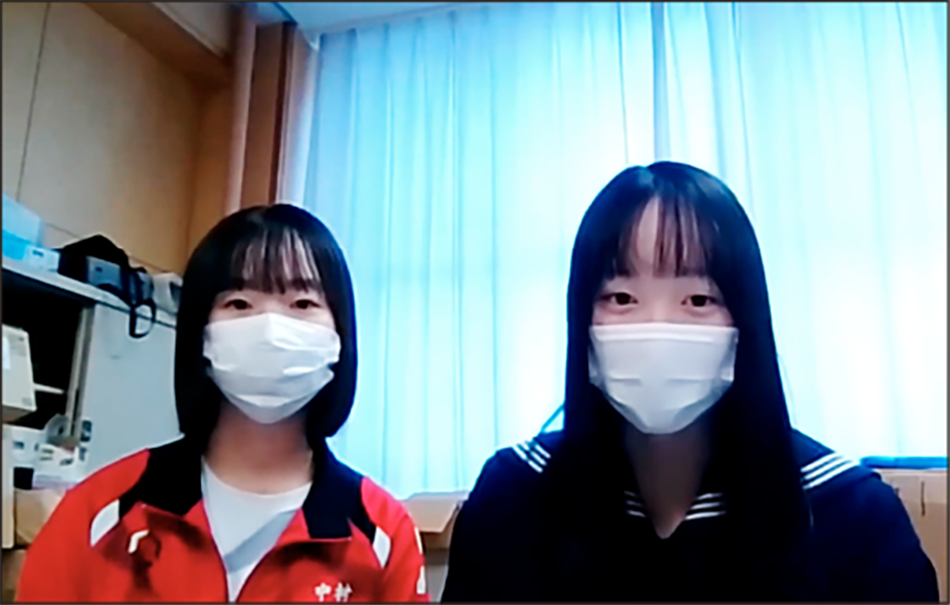
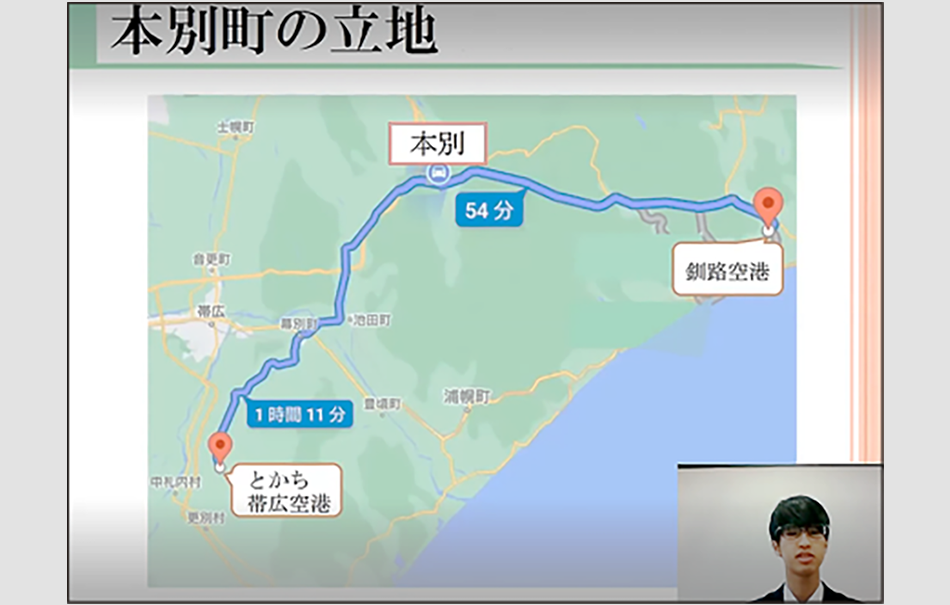
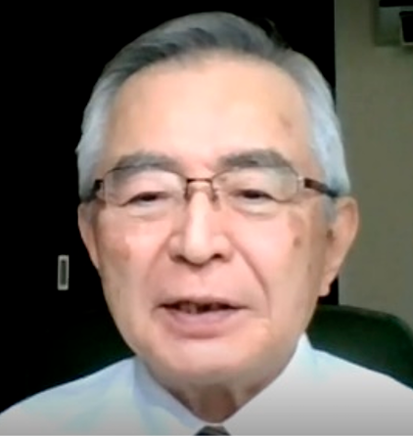 Takashi Kawamura
Takashi Kawamura
Chairman Emeritus, Hitachi, Ltd.
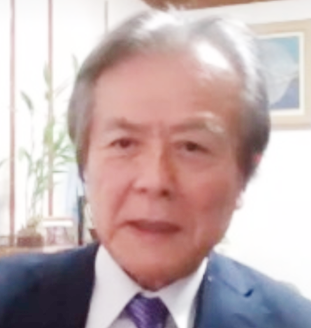 Hiroshi Komiyama
Hiroshi Komiyama
Chairman of Mitsubishi Research Institute, Inc. and COI STREAM Governing Committee
At the completion of the forum’s program, Takashi Kawamura, Chairman Emeritus of Hitachi, Ltd., made the following comments. “All of the topics discussed today have relevance for Japan as a whole. If these efforts are successful in Hokkaido, we may eventually be able to apply them to all of Japan. I look forward to bringing in a wide range of stakeholders, not just the laboratory run by Hokkaido University and Hitachi, so that we can make progress in a positive way.”
Likewise, Hiroshi Komiyama, Chairman of Mitsubishi Research Institute, Inc. and the COI STREAM Governing Committee, commented that, “The falling birthrate is an issue for the whole world, not just Japan. With energy, meanwhile, Hokkaido needs to become an energy exporter if we are to achieve carbon neutrality by 2050.”
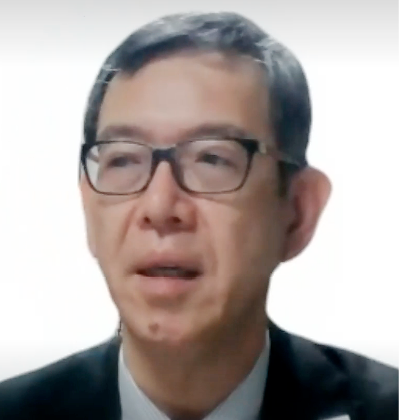 Takao Masuda
Takao Masuda
Executive Director and Vice President of Hokkaido University
 Norihiro Suzuki
Norihiro Suzuki
Vice President and Executive Officer, CTO, and General Manager of Research & Development Group, Hitachi, Ltd.
The final speaker at the forum was Takao Masuda, Executive Director and Vice President of Hokkaido University, who had the following words to say. “The initiatives presented at this forum will serve as a message from Iwamizawa City, one that will go out to all of Hokkaido and all across Japan. In our work on resolving the societal challenges facing Hokkaido, we are also being assisted by a large number of companies, government agencies, and local governments, and I look forward to developing this work into something that engages our entire region.”
Norihiro Suzuki, Vice President and Executive Officer, CTO, and General Manager of Research & Development Group, Hitachi, Ltd., closed the forum by saying, “Each time I attend one of these forums, I am conscious of a deepening in collaboration between stakeholders from industry, academia, and government and the spread of new activities. I hope to see these activities evolve to become a flagship for the ideals of community development, new trust, and new capitalism. By working on the topics discussed at this forum in partnership with the people who live in Hokkaido as well as everyone else involved, I hope also to accelerate our development.”
To help develop Hokkaido, a region at the forefront of future challenges, Hitachi Hokkaido University Laboratory intends to continue its work through this current fiscal year to devise solutions that can serve as models for the rest of the world.